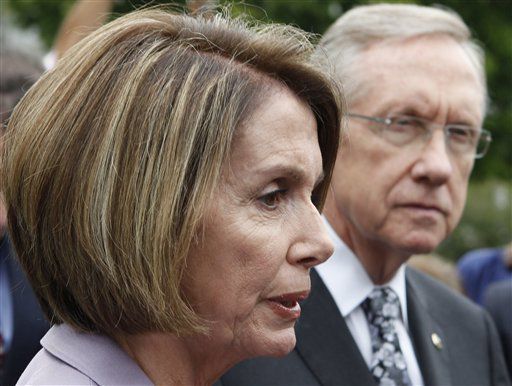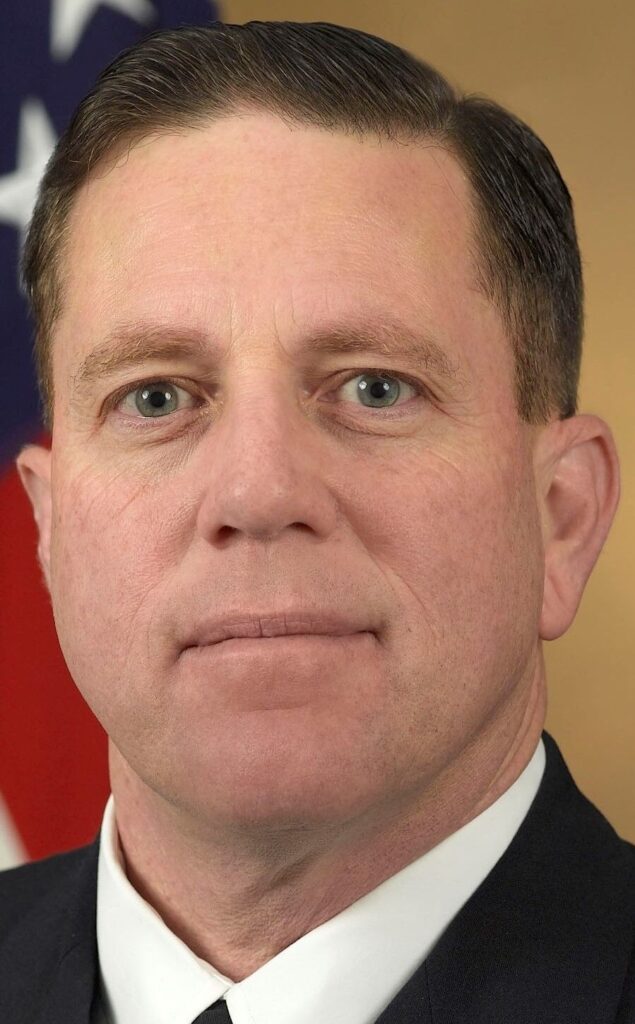The good, bad and bizarre of Trump’s cabinet picks | SLOAN

Kelly Sloan
It is probably too little too late, and deeply aggravating that it took a sound electoral beating to bring it about, but President Joe Biden finally loosened the tethers holding back the Ukrainians fighting for their right to exist, allowing them to use United States-supplied long range weaponry to attack Russian — and now North Korean — military targets inside their sanctuaries in Russia. One can speculate as to President Biden’s motivations for finally getting his head out of his you-know-what and doing the right thing, but the most likely explanation is the commonly held belief the incoming Trump administration would be even less committed to Ukraine’s defense than the current one. It is difficult to conceive of how any administration could demonstrate less resolve and weaker leadership on the Ukraine crisis than Biden’s has, but such is the conventional wisdom.
Is it accurate though? A great deal of an incoming administration’s policy direction is communicated preemptively by the selections advertised for key cabinet posts, advertisements which have been coming in steadily during the past weeks. The early verdict on his foreign and national security picks is rather like the rest overall — decidedly mixed.
The preliminary, and perhaps exclusive, qualification for appearing on a list of President-elect Donald Trump’s cabinet nominees is loyalty. This in itself is not a bad thing; Trump won a mandate, and he has the right — the duty even — to select a team of his choosing to deliver that mandate. One of the messier parts of Trump’s first term was the constant and rather chaotic state of flux the White House seemed to persistently be under, which is injurious to simply keeping the trains of the executive branch running on time, as it were, let alone executing a mandate to fix the economy and secure the border. Appointing hard-liner devotees may, if nothing else, minimize the clockwork turnover and create something of an air of stability at 1600 Penn lacking last time.
Stay up to speed: Sign up for daily opinion in your inbox Monday-Friday
But those loyalists will have jobs to do, and affirmative action based on personal devotion is no more conducive to meritocratic success than any other kind. Under that aegis, how do his selections measure up so far? There are some who do so very well, let’s start with those:
Susie Wiles for Chief of Staff — a brilliant pick. Whip-smart, a product of decades of Republican politics, evidently able to handle the peculiarities of the President-elect and obviously endowed with exceptional political gifts, Trump ignores her counsel at his peril.
In terms of foreign policy, traditional conservatives who care about America’s leadership in the world and peace-through-strength as an actual policy rather than a bumper-sticker breathed a sigh of relieve at the elevation of Florida U.S. Sen. Marco Rubio. Sen. Rubio may not be Henry Kissinger, but he is well versed on international affairs, understands the complexities involved and is clear-eyed as to the threats the U.S. and the western world are forced to confront. New York U.S. Rep. Elise Stefanik has demonstrated the temperament needed to take on the U.N.; the role of U.N. Ambassador from the U.S.A. is as much one of watchdog as anything else, and she is unlikely to let them get away with the type of blatant anti-Western nonsense they have for the last four years, nor let China and Russia keep treating the place as an extension of their PR apparatus.
Back home, the nominations of North Dakota Gov. Dick Burgum as Secretary of the Interior, and Colorado’s own Chris Wright, chief executive of Liberty Energy, as Energy Secretary, are solid picks that announce the advent of a more realistic energy policy. There is much to do in this arena, including streamlining the permitting process and unleashing U.S. LNG exports.
Then there are the… questionable picks. In particular, the early taps of two born-again Republicans, Tulsi Gabbard and Robert F. Kennedy Jr. are, to put it mildly, curious. Conservatism always welcomes late converts, but the relative positions of these two are so far outside conservative orthodoxy one wonders if they have really joined the communion of saints, or if they are more of a fifth column. Gabbard, assigned to the role of Director of National Intelligence, sports a worldview in almost perfect alignment with that of Noam Chomsky or Bernie Sanders. RFK Jr. is, at heart, an unrepentant liberal who shares, alongside the likes of that angry young Swedish oracle Greta Thunberg, the desire to repeal the industrial revolution. No wonder Gov. Jared Polis is so enamored of him.
Yes, the intelligence community and the public health complex — and most of the rest of the federal government for that matter — is in desperate need of some long overdue sanitation, even to the point of a measure of disruptive reform. But these appointments would not so much be mechanisms of political hygiene as of institutional havoc, which, appealing as it may be in the abstract, is ultimately as fruitful to the restoration of ordered liberty as was the French Revolution. Disruption is welcome in Washington D.C. to cut through the anesthetizing weight of gestating bureaucracy, but there remain legitimate roles for government, and the most legitimate, constitutionally prescribed roles are deadly serious, and require deadly serious leadership. Some of Trump’s cabinet picks so far appear capable of assuming that responsibility; his more radical ones could threaten more than just the mandate he received from the voters.
Kelly Sloan is a political and public affairs consultant and a recovering journalist based in Denver.











